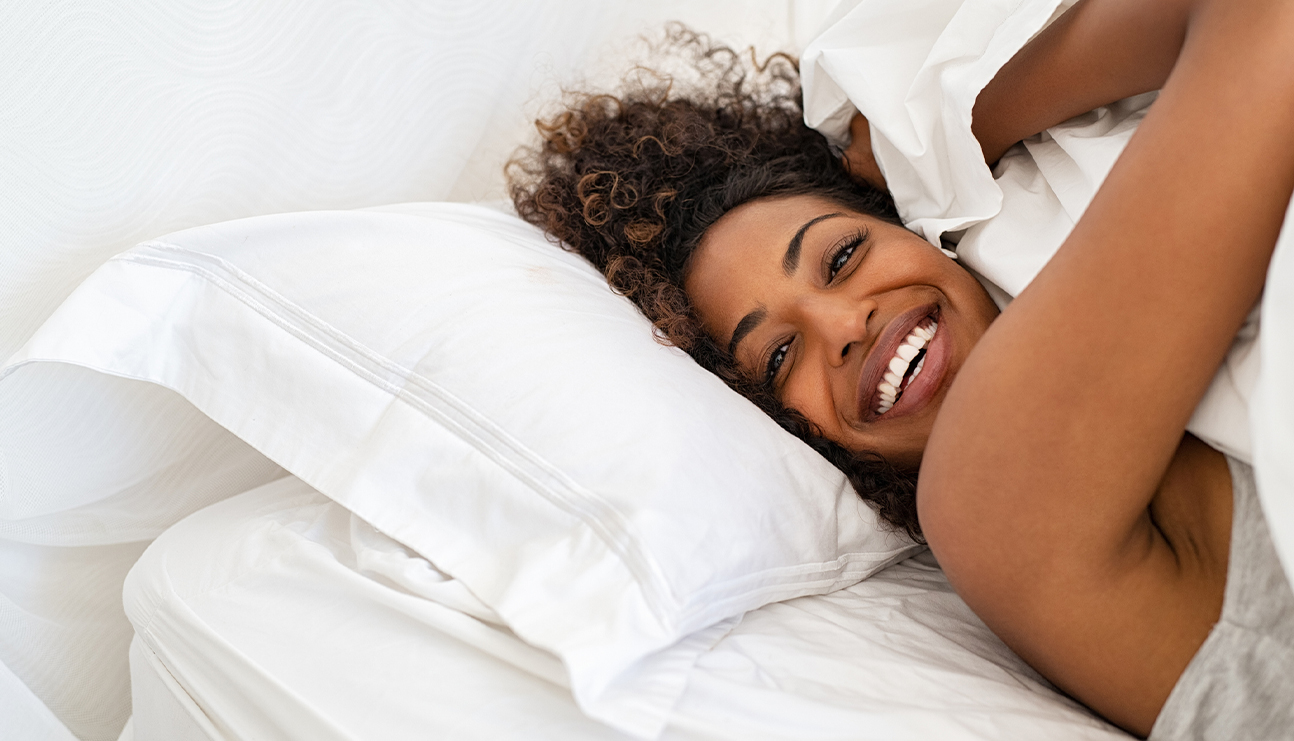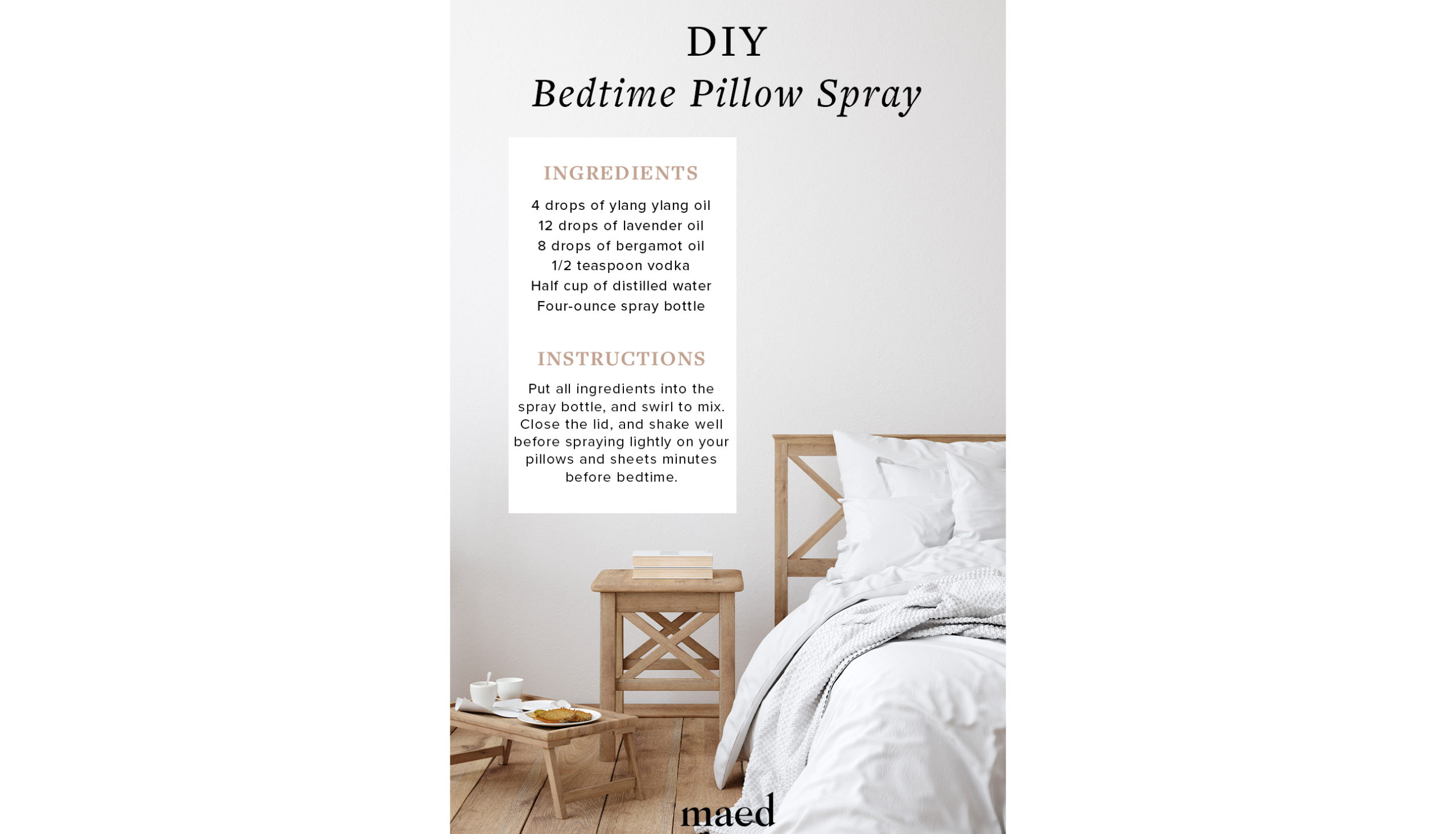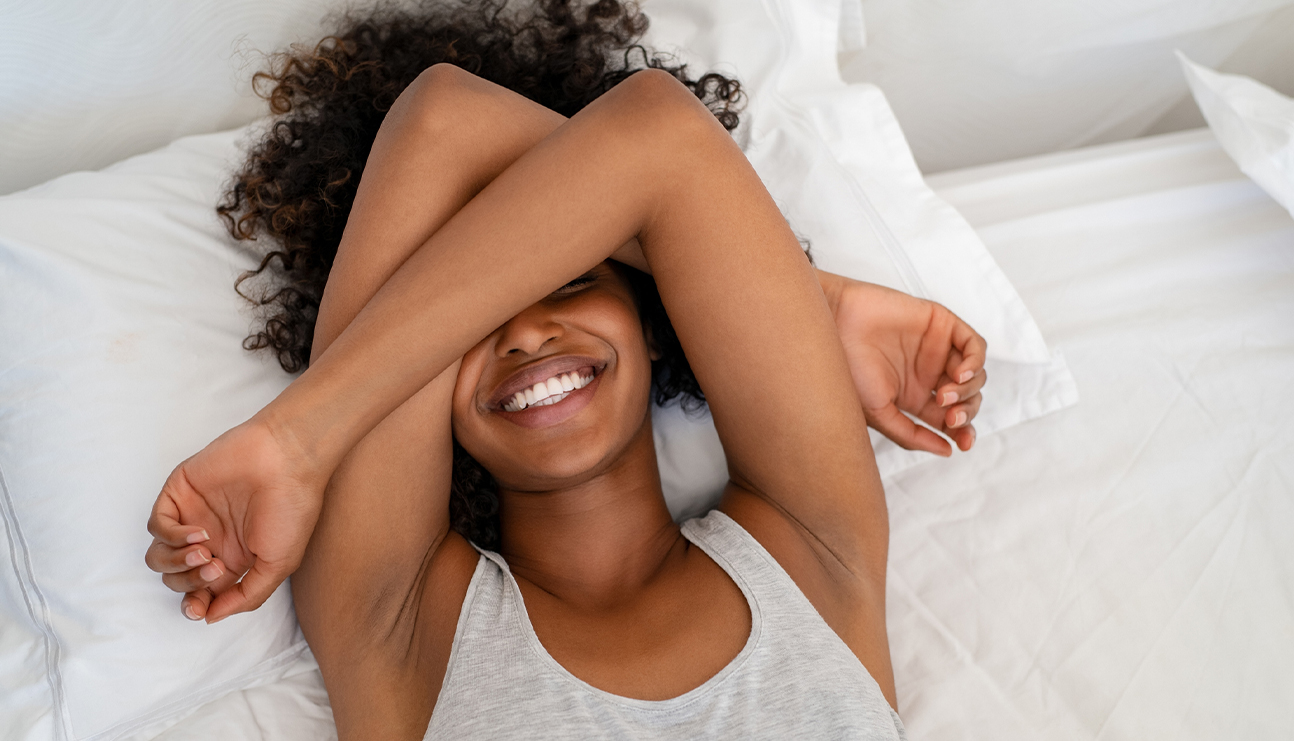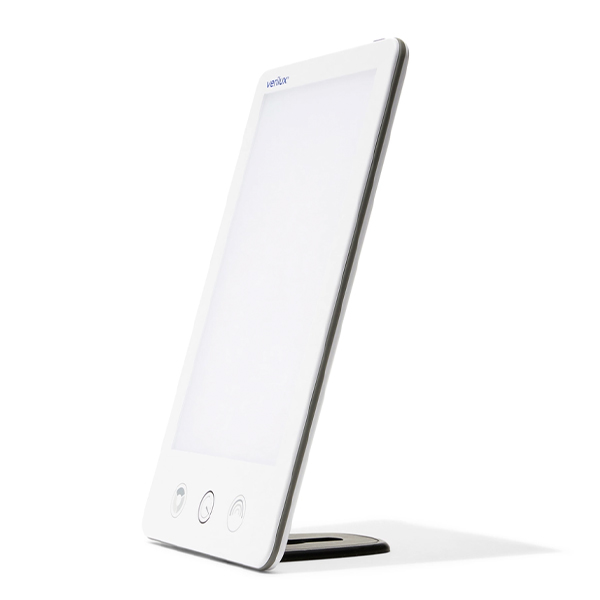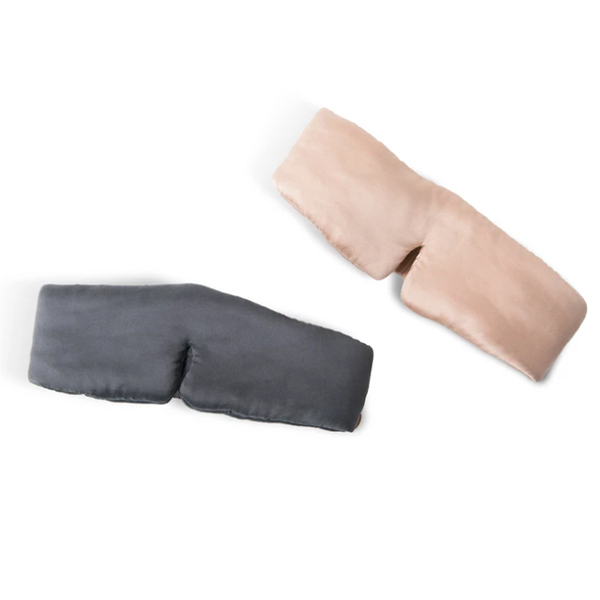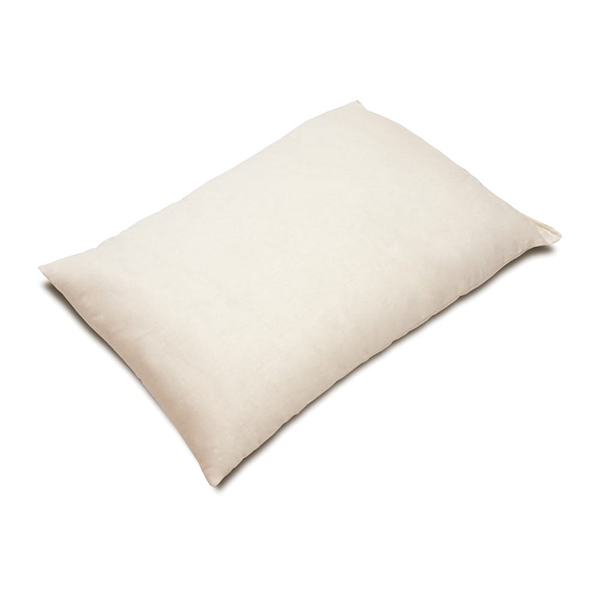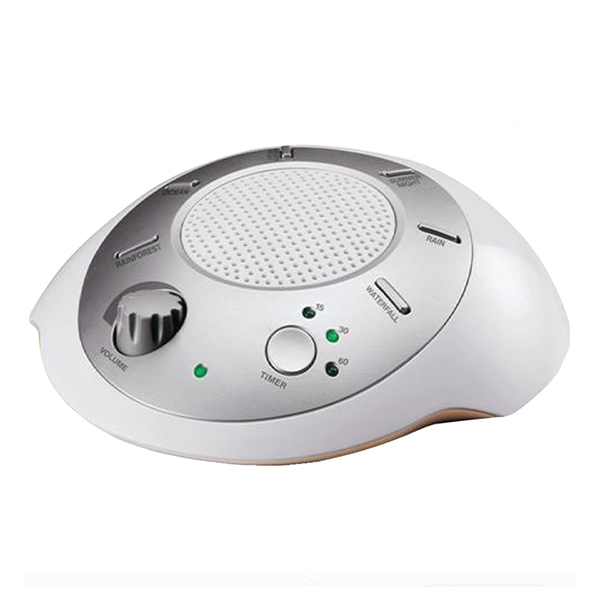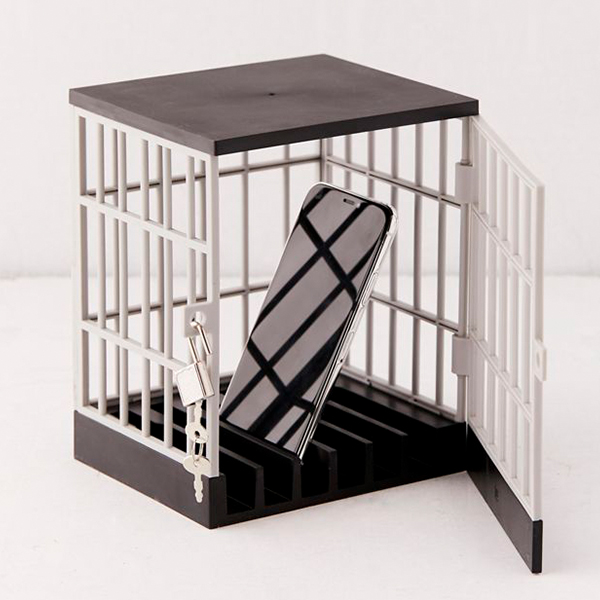6 Common Sleep Problems and How to Solve Them.
If your sleep has been less than optimal lately, you aren’t alone. Stressful times can trigger that common sleep vice: “I can’t turn off my brain,” It can be extraordinarily difficult not to think about tomorrow’s to-do list when you’re trying to turn down for the night. And as we all know, restless nights lead to long days, and even more important, getting quality sleep is essential to your overall health.
We asked our friends what sleep issues they struggle with, and there were surprisingly similar answers. Here’s what we found, and how to help:
Problem: “I’m feeling too anxious to sleep.”
Solution: Create a mindful bedtime routine (that you love!)
Rushing to bed to catch a few zzz’s after running around all day isn’t fun—and it can hinder good sleep. Especially if you’re someone who stays up stressing about the day to come, creating a bedtime routine could help form associations that allow you to fall asleep faster. Consistency means specific actions will signal to your body that it’s time to unwind, and repetition will enforce that you’re in a safe space, and it’s okay to surrender to sleep.
When setting a routine, make it enjoyable. Spend some time on skin care, read a book, journal, or meditate. Anything that allows you to slow down and separate yourself from the past day and start anew.
Problem: “I can’t turn my brain off.”
Solution: Try unplugging the electronics at least 30 minutes before bed. That means no TV, no phone, no iPad. No screens.
Screens expose your eyes to blue light, which inhibits melatonin release in the brain. So even if you’re tired enough to pass out after a long day, the lack of melatonin might prevent you from a restful slumber. Plus, scrolling social media can lead to unwanted anxiety, stress, and depression, all of which can contribute to insomnia.
An hour before bed, plug in your phone somewhere away from you to charge — bonus points if it’s out of your bedroom entirely!— and enjoy a cup of tea, read a book, or meditate.
Problem: “My room is too bright.”
Solution: Install blackout curtains or use a sleep mask.
Your body creates melatonin when the eyes detect darkness, and it inhibits melatonin when the eyes detect light. That being said, darkness for sleep is important. Blocking out the light, whether with curtains or an eye mask, can help you fall asleep faster and stay asleep longer—especially during summer months when the sun rises early.
Problem: “I can’t get comfortable.”
Solution: Invest in a quality pillow.
Never underestimate the power of a good pillow. Not only can it help you sleep longer, but it’ll also make you feel more rested when you wake up due to your body being more aligned. Your pillow should support your neck and head while keeping your spine aligned. So finding your perfect pillow depends on which position you like to sleep in.
Problem: “I’m just not tired when I lay down.”
Solution: Get more sun.
Studies have shown that getting at least an hour of sunshine during the day—especially in the morning—can improve sleep. This is because daylight stimulates your circadian rhythm, so when the daylight is gone, your body naturally knows it’s time to fall asleep.
Getting outside also helps boost your mood and stave off anxiety, so it’s a win-win for your sleep and mind.
Problem: “I feel restless when I sleep and tired when I wake up.”
Solution: Try cutting caffeine. It takes the average healthy body around 5 hours to eliminate HALF of your caffeine intake. That means if you have a small coffee (on average 40 mg of caffeine), 5 hours later, you’ll still have 20 mg of caffeine in your body. Then, depending on how fast your body processes, you might still have caffeine in your body when you try to unwind, which means your brain might be more active than it should and not be able to reach full REM.
Avoiding blue light, making sure the room is dark and cozy, and keeping a consistent bedtime routine are all ways to ensure you wake up feeling rested. But if you wake up groggy or exhausted even after sleeping 7-8 hours, there could be more factors at play. Consult with a dietician to ensure you’re getting healthy levels of vitamin D and magnesium, and try to avoid laying in bed for too long once awake.
Remember, beds should be for sleeping and sex. That’s it. Your bed is your sleep sanctuary, and when you treat it that way, you’ll sleep like a dream.



